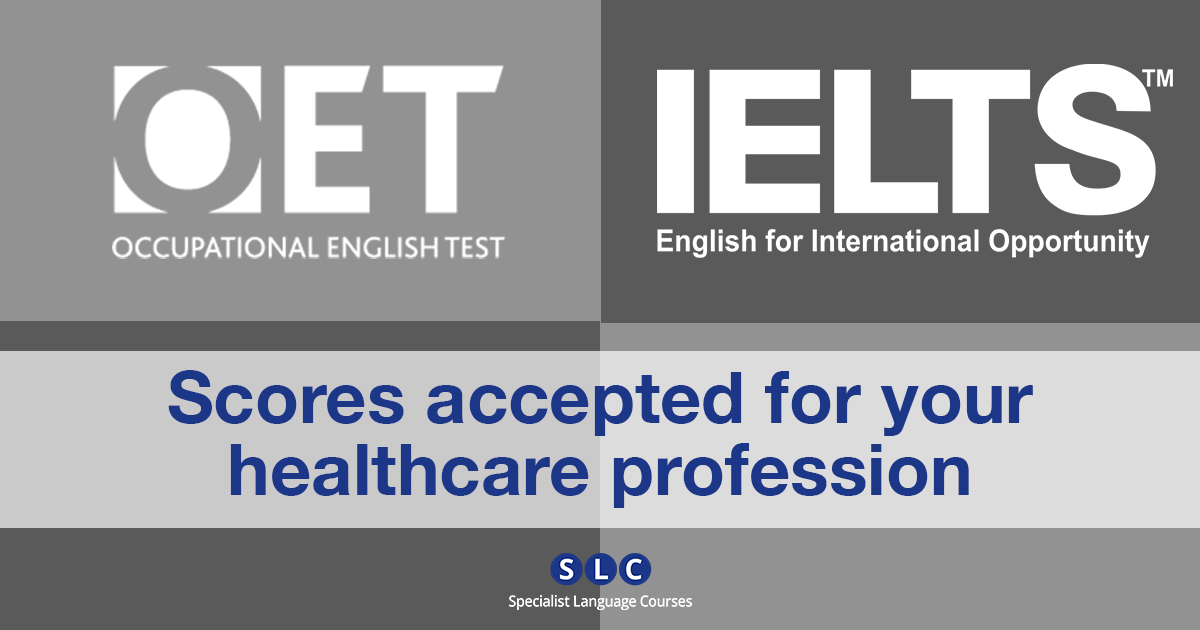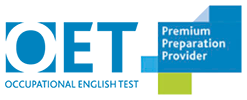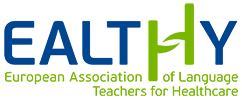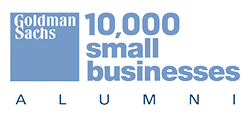Are you trained outside the UK in a country where English is not the first language but would like to work in the UK?
In this case, you will in all likelihood need to take an international English language test to demonstrate your English is sufficient to give safe and effective care.
The most common tests are the Occupational English Test (OET), IELTS and TOEFL. The regulatory bodies for different healthcare professions set different scores, though all are at least an upper-intermediate or above.
The GMC (General Medical Council) stipulates that doctors need a B in OET with a B in each of the four papers, or a 7.5 in IELTS with a minimum 7.0 in each paper.
The NMC (Nursing and Midwifery Council) states that nurses need a B in OET with a B in Reading, Listening and Speaking and a C+ in Writing, or a 7.0 in IELTS with a 7.0 in Reading, Listening and Speaking and a 6.5 in Writing.
Looking at other professions, vets also need OET or IELTS similar to doctors, but dentists need IELTS as OET isn’t recognised yet.
The Health and Care Professions Council who regulate allied health professionals have a requirement of an overall 7.0 in IELTS with a minimum 6.5 in each paper, so a candidate can get 2 x 6.5 and 2 x 7.0 for example. They also accept 100/120 in TOEFL, the American-focused academic English language test. There is a higher requirement for Speech and Language Therapists, who need IELTS 8.0 with a minimum 7.5 per paper, or TOEFL score of 118/120.
- HCPC Allied Health professionals requirements
Need help and training to get the scores you need to meet regulatory requirements?
Get in touch: enquiries@specialistlanguagecourses.com







